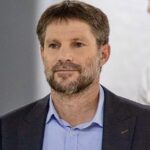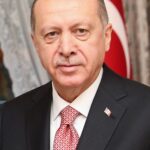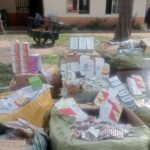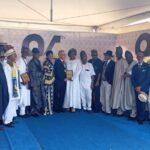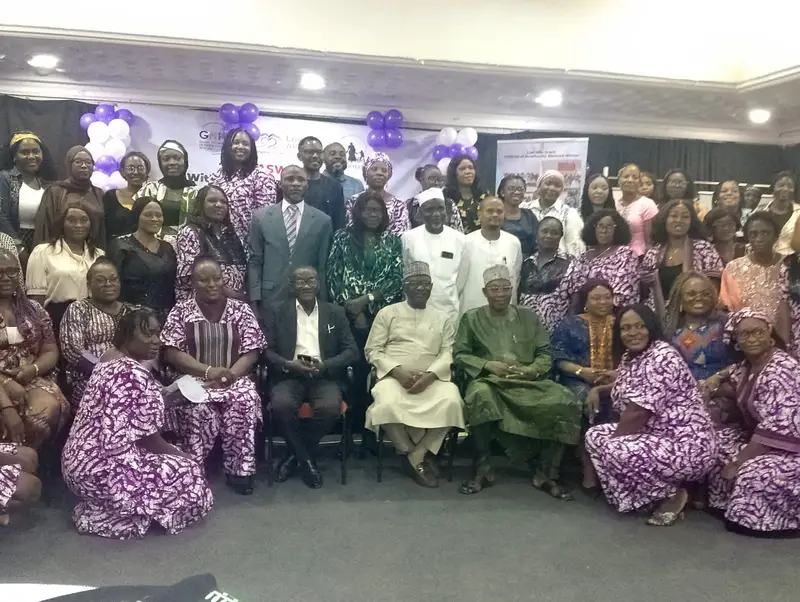Mrs Esther Hindi, National Coordinator of ASWHAN, made the appeal on Wednesday in Abuja at the close-out and report dissemination meeting of the Last Half Mile Grants Project tagged “Children of Structurally Silenced Women.”
The meeting was organised in partnership with Love Alliance, with funding from the Global Network of People Living with HIV (GNP+).
Hindi explained that the project aimed to empower women and teenage mothers living with HIV to become advocates for their own health and rights.
According to her, the project achieved this through targeted capacity-building sessions and by expanding access to prevention of mother-to-child transmission services in four states: Kebbi, Nasarawa, Delta, and Oyo.
“Too many women and children affected by HIV remain invisible in policy, underserved in healthcare, and silenced in society.
“This project has not only advanced access to essential HIV services, it has ignited a movement. It has shown that when women living with HIV are equipped, supported, and heard, they become powerful agents of change,” she observed.
Hindi emphasised ASWHAN’s continued commitment to ensure that no woman or child was left behind, and to transform structural silence into collective voice, visibility, and justice.
She appreciated the project’s funders and partners, adding that the Last Mile Grant, an innovative funding mechanism by Love Alliance, enabled deep community engagement, lifting many from “silence to strength.”
Also speaking, Ms. Funmi Adesanya, Senior Health Assistance Coordinator at the U.S. Department of State, reaffirmed their commitment to support efforts aimed at curbing HIV in Nigeria.
Adesanya, represented by Dr Margaret Shelleng, Global Fund Self-Reliance and Multilateral Advisor at the U.S. Department of State, said the initiative had brought hope to marginalised communities.
“This initiative, led by ASWHAN with support from Love Alliance, has truly given hope to children of structurally silenced women in the four beneficiary states.
“It has shown that communities and partners can work hand-in-hand to break barriers,” she said.
Isah Vatsa, Consultant at the Centre for Well-being and Integrated Nutrition Solutions (C-WINS), stressed the importance of linking HIV-positive individuals to health services and protection measures.
He urged ASWHAN to encourage its members to vaccinate their children during the upcoming Measles-Rubella campaign, targeting children aged nine months to 14 years.
“People living with HIV are highly vulnerable to the Measles-Rubella virus, which can be fatal and cause complications such as blindness, deafness, or even congenital heart defects.
“Vaccination is the safest and most affordable way to prevent measles,” he warned.
Dr Temitope Ilori, Director General of the National Agency for the Control of AIDS (NACA), represented by Ronke Adekoye, stated that NACA is working closely with partners to ensure that by 2027, no child is born with HIV in Nigeria. (NAN)
Edited by Abiemwense Moru

